News
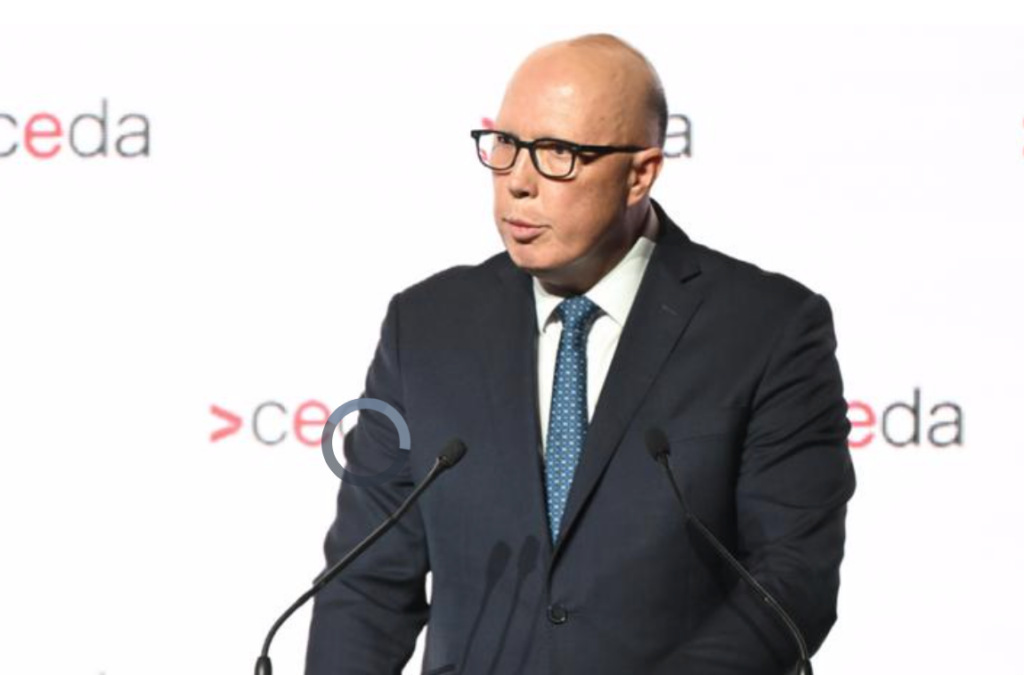
Peter Dutton says regulation pushing global mining companies away from Australia for further investment
Opposition leader Peter Dutton has warned global mining companies are looking to invest away from Australia because of a “sovereign risk” from changing regulation.
“CEOs are looking at Australia and seeing sovereign risk, particularly in the mining sector,” he said. “Companies are looking at other markets … (and) billions of dollars in capital will go elsewhere. “We’ll see it over the next few years — projects will be mothballed until there’s a more stable regulatory environment.”
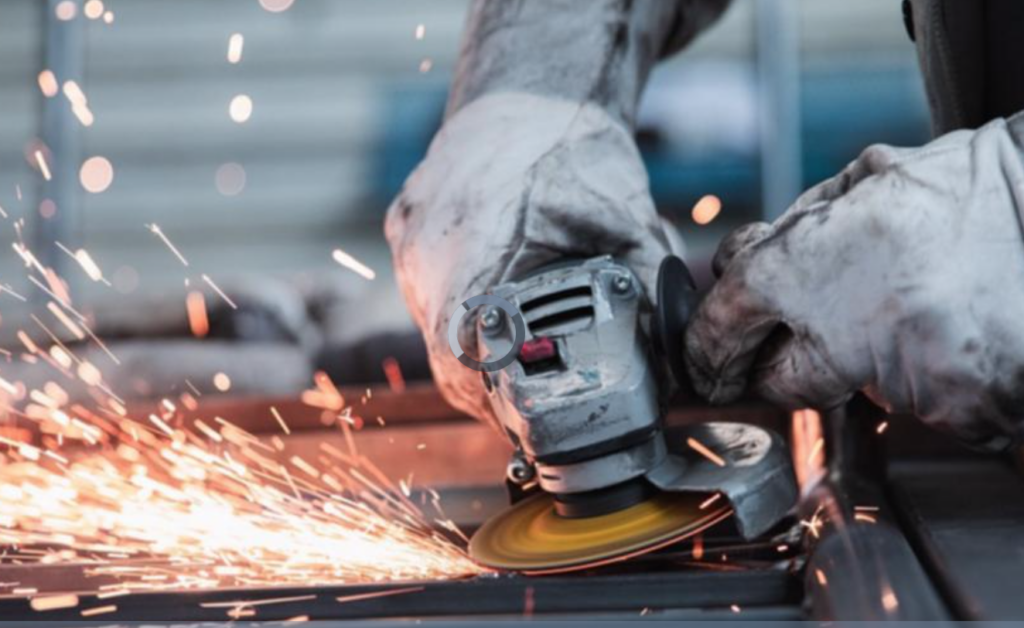
New report claims ‘same job, same pay’ change will hurt productivity, hit wages and deliver $13b economic hit
Controversial industrial relations reforms that would limit the use of labour hire is risking productivity growth, a fall back in real wages and a multibillion-dollar hit to the new economy, new research warns. New modelling from the Centre for International Economics shows the implementation of Labor’s “same job, same pay” reforms would result in an economic hit of $13 billion and a decline in real wages of $373 a year.
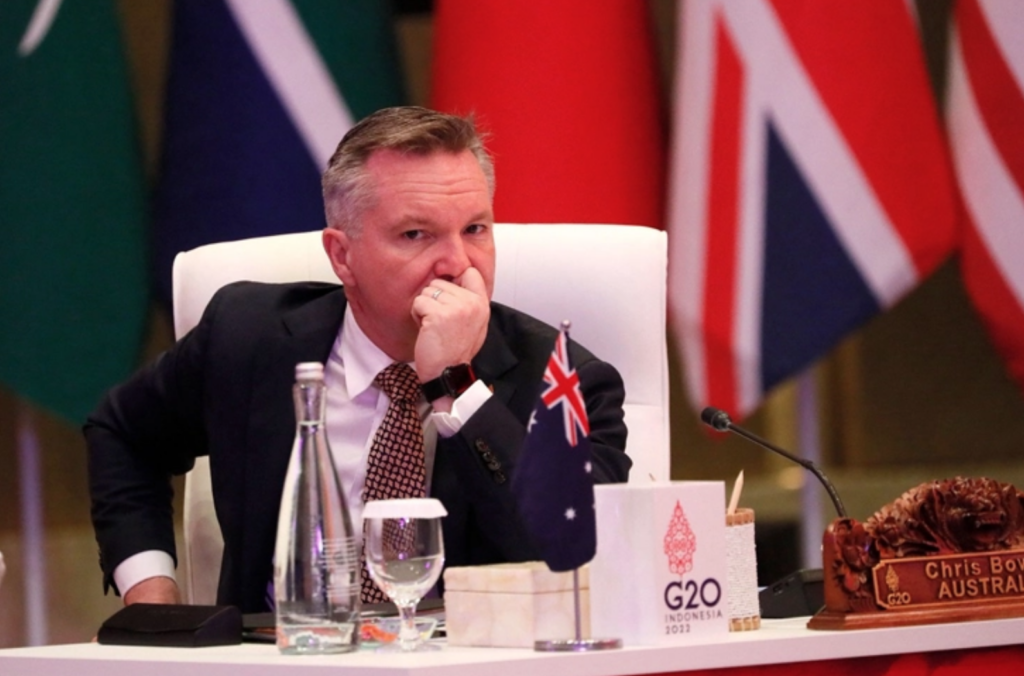
Coal is a four-letter word
Coal is a four-letter word for Labor/Green governments in Australia where it can’t be used in polite company. Thank goodness it can still be exported and its royalties used to fill the Treasury coffers of our governments. Last year Mr Dick imposed a new coal royalty rate regime which is the highest in the world. Yes, it yielded a bumper return this year, but as surely as night follows day, it will deter new investment. As Mrs Gina Rinehart observed in The Speccie last month, despite very high commodity prices, the investment in mining is much less than in the last mining boom a decade ago. High royalties, high taxes, sovereign risk, and red and green tape as far as the eye can see explain why companies are far more hesitant to invest in Australia these days.
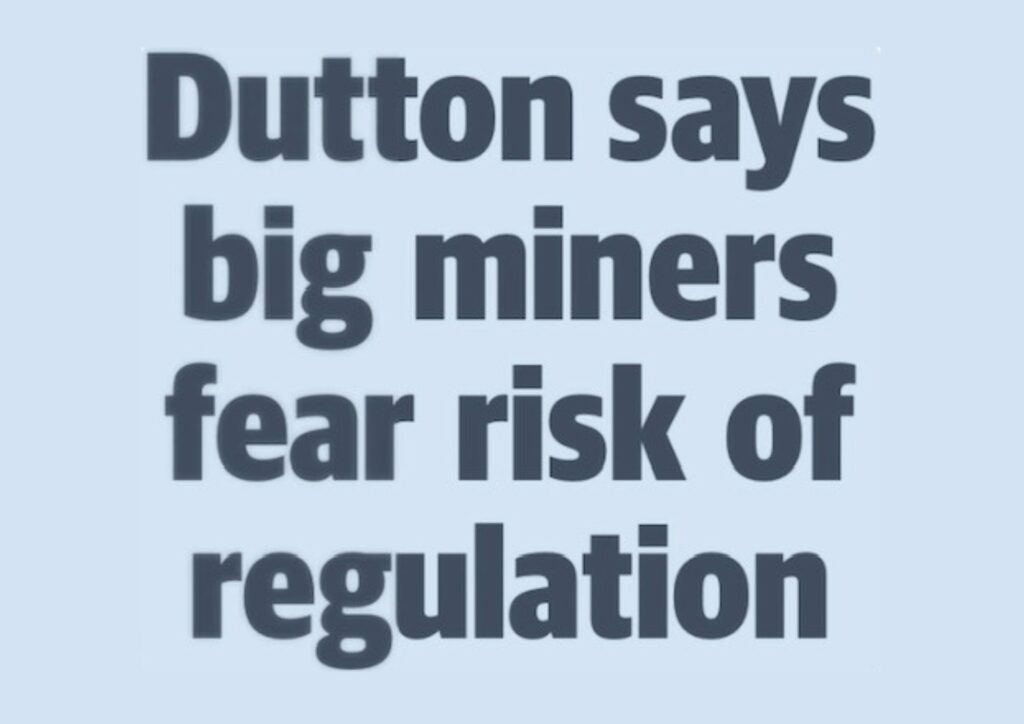
DUTTON SAYS BIG MINERS FEAR RISK OF REGULATION
Mr Dutton, in his speech to the Committee for Economic Development Australia’s State of the Nation conference, said large companies with extensive capital were shifting focus from Australia despite its natural resources and advantages, and deciding to invest elsewhere. “CEOs are looking at Australia and seeing sovereign risk, particularly in the mining sector ,” he said. “Companies are looking at other markets . . . (and) billions of dollars in capital will go elsewhere. “We’ll see it over the next few years — projects will be mothballed until there’s a more stable regulatory environment.”
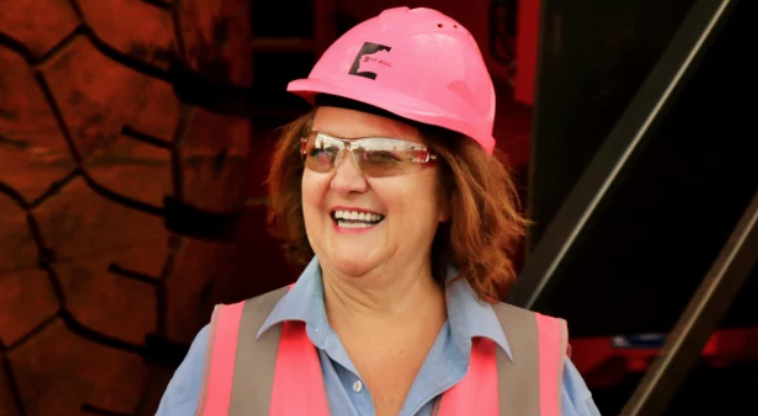
Hancock hits out at policy barriers to export growth
Australia’s most successful private company – which made the AFR Fast Global list with almost 18 per cent revenue growth over the past three years – has a pipeline of magnetite and other projects aimed at boosting the iron ore exports. Hancock executive director Tad Watroba says the world will need more iron ore than ever before to hit global targets in renewable energy, but government policies were a barrier to boosting production. “Iron ore is critical to the modern world, and by all assessments global demand for iron ore and steel is only going to increase in the coming decades,” he says.
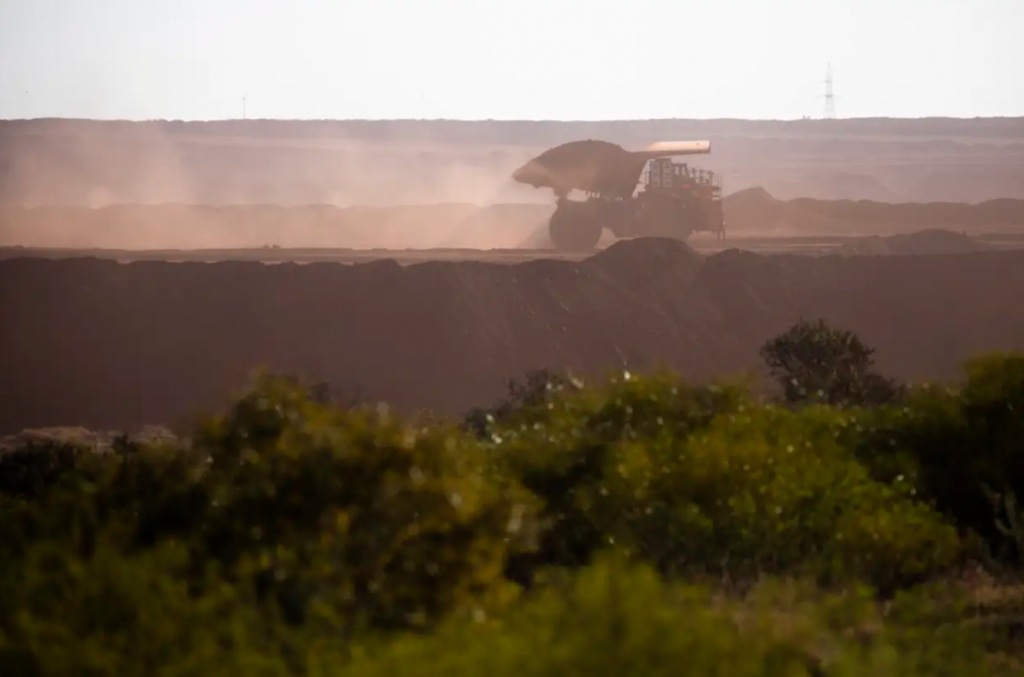
Rinehart warns of barriers to more mines under Rio partnership
Hancock Prospecting says it wants Rio Tinto to open new mines under a long-standing partnership as it moves to boost iron ore production, but warns the Albanese government’s policies are posing a threat to investment. The resources group, owned by billionaire businesswoman Gina Rinehart, said the government had put in place “necessary” barriers delaying the development of new projects under the Hope Downs partnership that so far involves the Hope 1, Hope 4 and Baby Hope mines in Western Australia.
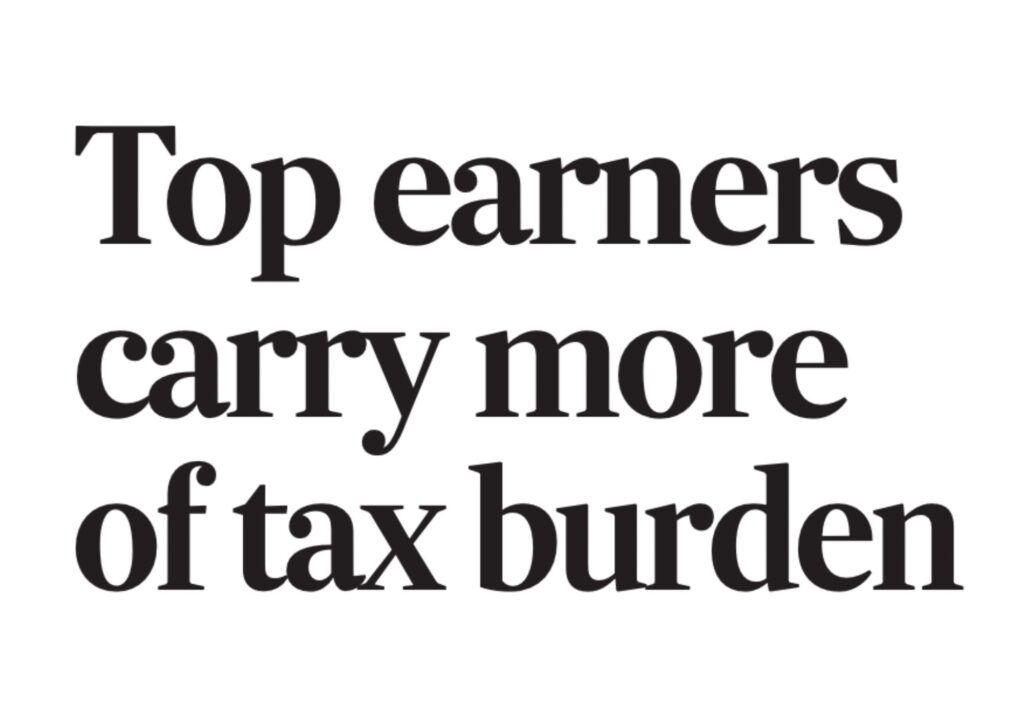
Top earners carry more of tax burden
Share paid by richest 1pc jumps to 18.3pc. The share of tax paid by Australia’s highest earners is at its highest level in at least a decade, with new data showing the top 1 per cent contributed nearly a fifth of personal income tax in 2020-21. Figures released by the Australian Taxation Office yesterday showed the average individual tax bill for the top 1 per cent of earners was $317,090 in the period, up by more than $47,000 from a year earlier, according to analysis by The Australian Financial Review.
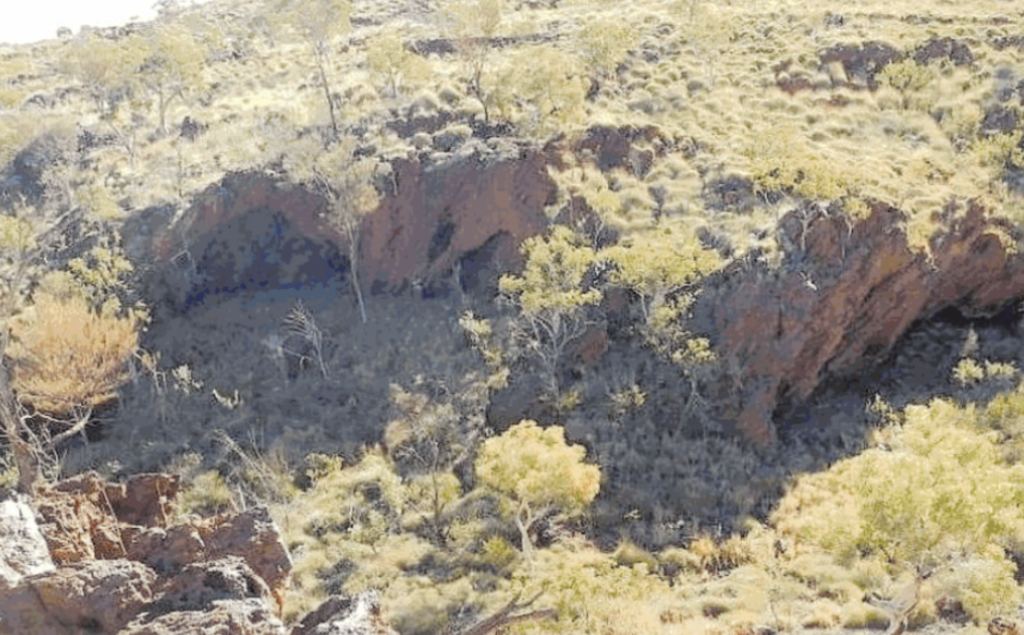
Heritage systems not ready
You could be forgiven for not knowing anything about the new Aboriginal Cultural Heritage Act about to come into effect on July 1. It seems many didn’t. But before you dismiss it as something that doesn’t affect you, think again. It’s not just farmers, miners or industry groups affected by these changes. Many metropolitan landowners and hobby farmers will be liable under the same set of rules. It will be up to the landowner to find out if their land is a culturally significant site and apply for a permit. If they don’t, they could be subject to significant penalties.
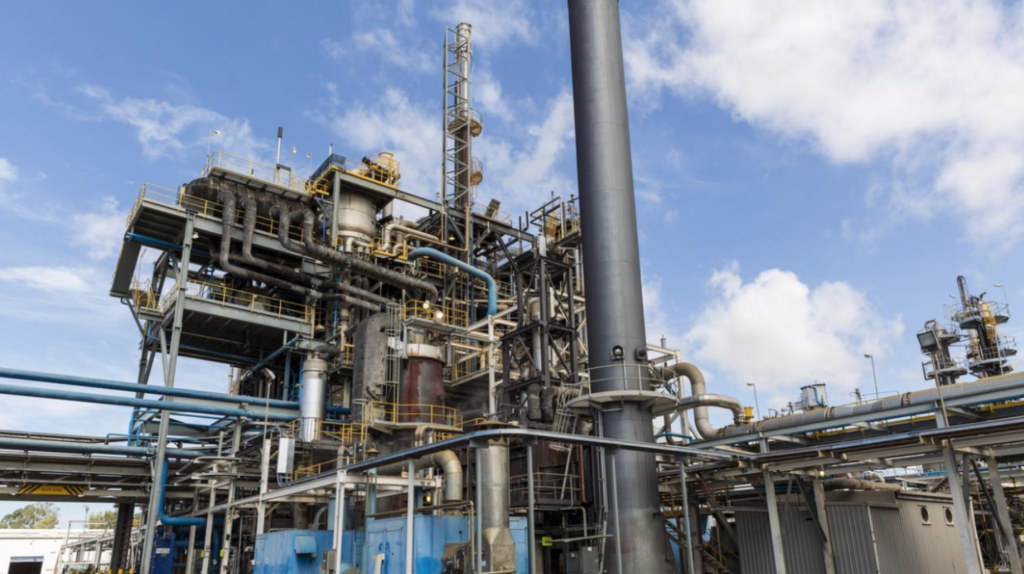
Manufacturers scour for gas as squeeze tightens
Manufacturers have warned an ongoing gas crunch could force factories to the brink, as big users on the east coast scramble to find new supplies to power their industrial operations. The federal government late last year legislated a cap on uncontracted gas at $12 a gigajoule, and said it would establish a mandatory code of conduct to force gas to be sold at “a reasonable price”. The intervention has caused a spate of proposed new gas developments to stall, and leading mining supplier Orica said Australia was not competitive with other jurisdictions. “Our gas pricing in this country is capped at $12. If I manufacture in Canada, I pay less than $C2 per million British thermal unit,” Orica chief executive Sanjeev Gandhi said. “So even when you consider imports and supply chain costs, if I bring the product into Australia, it is still cheaper than the high gas price that I have to absorb. So already today, I have this disparity.”
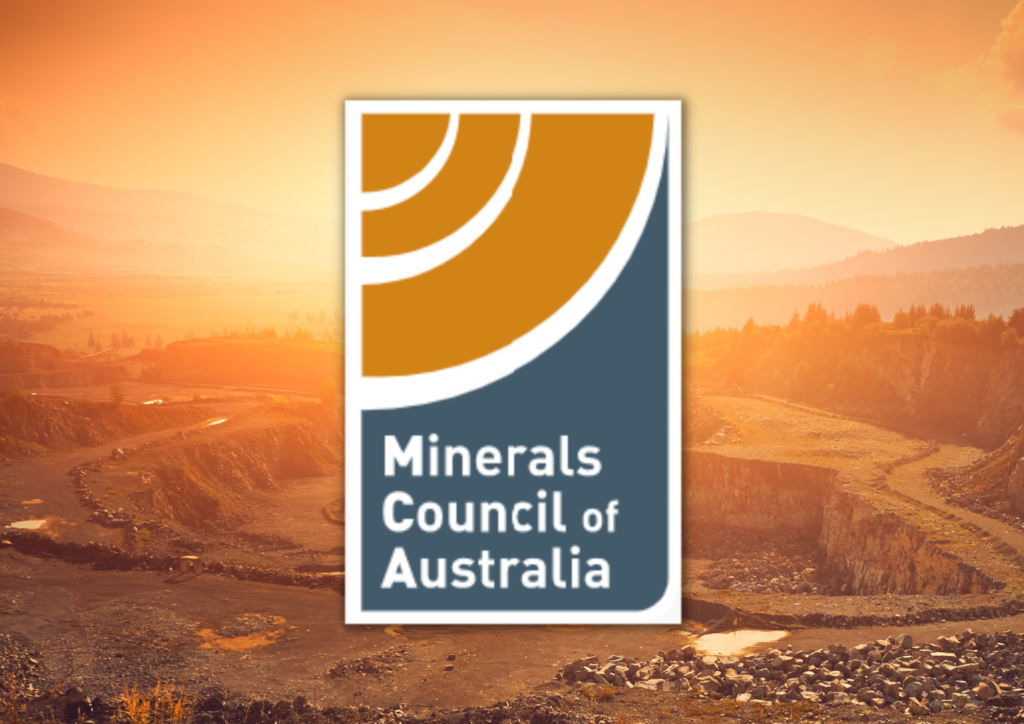
MEDIA RELEASE | MCA Congratulates Mrs Gina Rinehart AO
The MCA congratulates Mrs Gina Rinehart AO who was named Western Australian of the Year in Perth last night in recognition of her generous philanthropy and unrivalled corporate success. Mrs Rinehart has made an extraordinary contribution to Western Australia and the rest of the nation via her extensive and very successful business ventures in mining and agriculture, and her significant financial contribution to various causes supporting medical, educational, sporting, health and community organisations. It is a well-deserved honour for Mrs Rinehart who is a passionate advocate of the resources industry and its contribution to Australia.
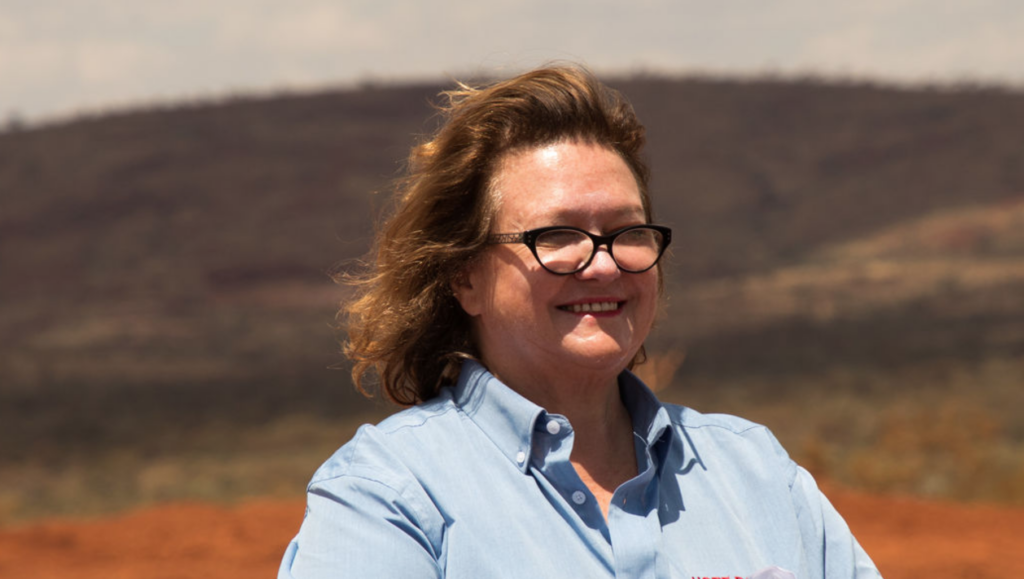
Rinehart named as 2023 Western Australian of the Year
HANCOCK Prospecting chair Gina Rinehart has been announced as the 2023 Western Australian of the Year. Rinehart was honoured for her contribution to business, as well as her philanthropy, which ranges from support for breast cancer research to sponsorship of Australian Olympians. “We must ensure that our country is not left behind by short-sighted decisions and encourage policies that welcome investment in our wonderful state,” Rinehart said when accepting the award.
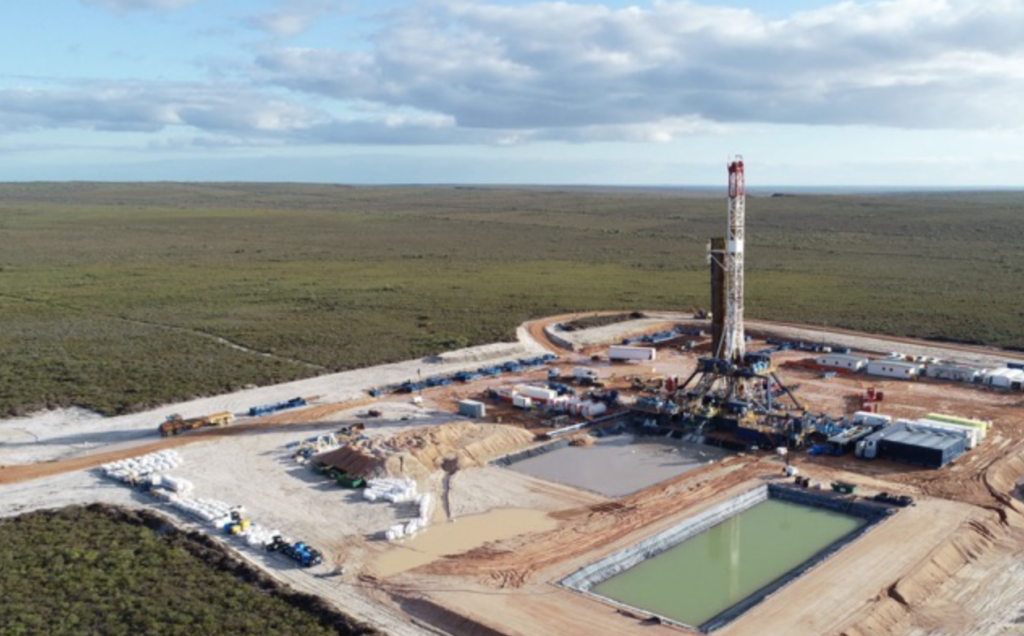
Strike two: the second round of WA’s gas game
A series of other recent events have highlighted the importance of gas in the future of Australian resources, starting with pointed comments last week from a former Premier of WA, Colin Barnett, at a Perth resources conference. Barnett said the Australian Government needed to rethink its energy policy because downstream processing of critical and energy minerals such as rare earths and lithium for batteries was “heavily reliant on gas”. Layered over the top of the gas sector is a threatened shortfall of electricity supplies in WA thanks to the collapse of the State’s coal mining industry which has led to the importing of coal from NSW. It was this cocktail of price drivers which sparked the bidding war for Warrego, which was a half-owner of the West Erregulla gas field with Strike which now has Rinehart as its partner, and potential buyer given her obvious interest in growing a big oil and gas business.